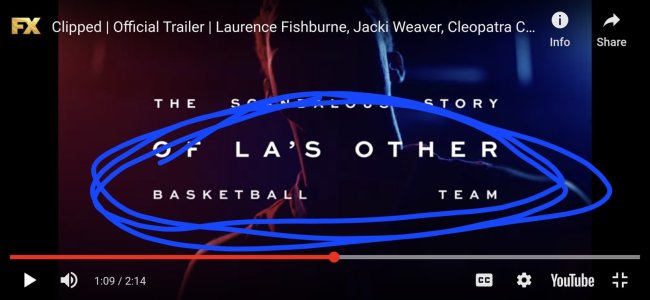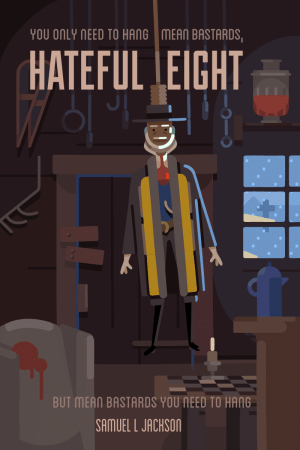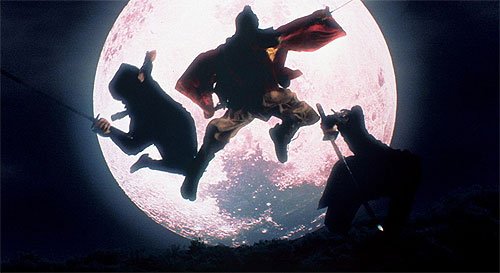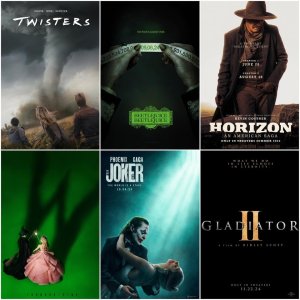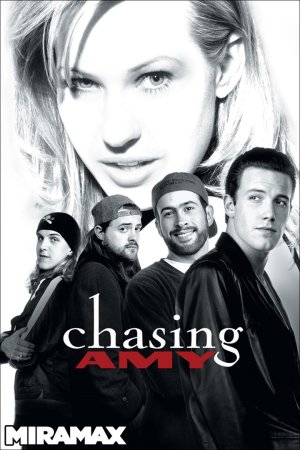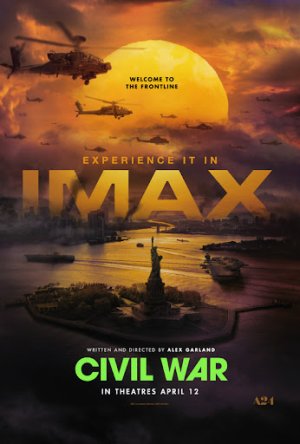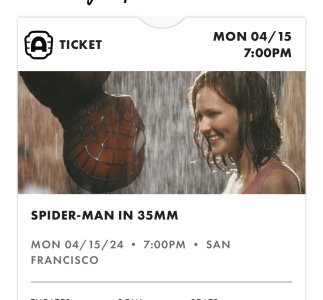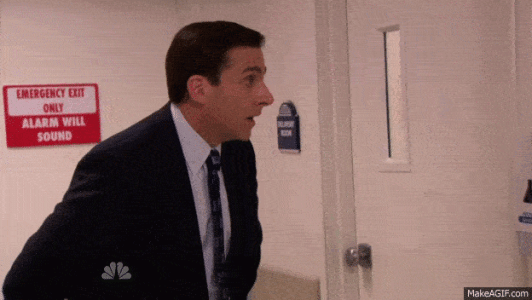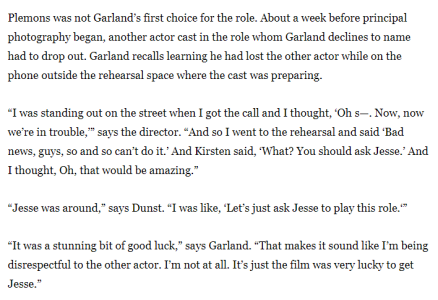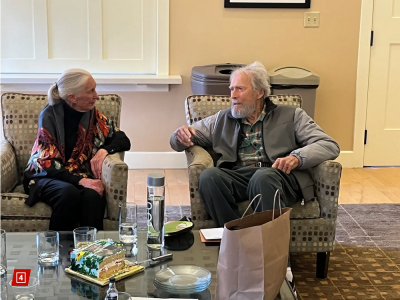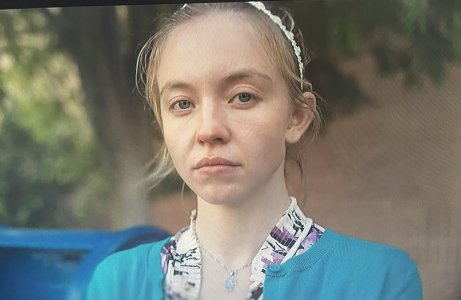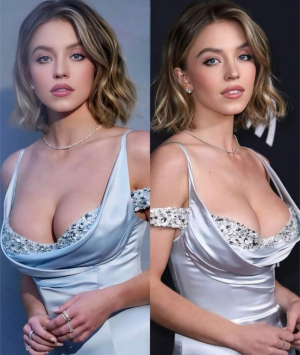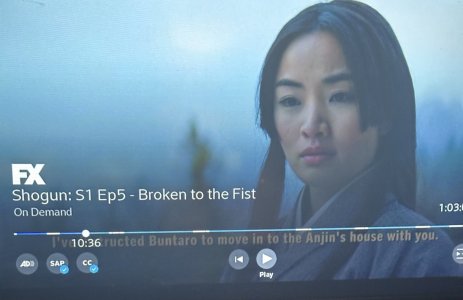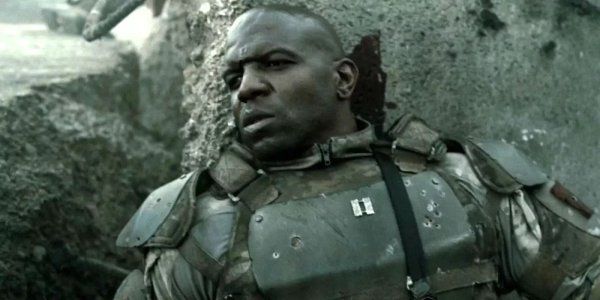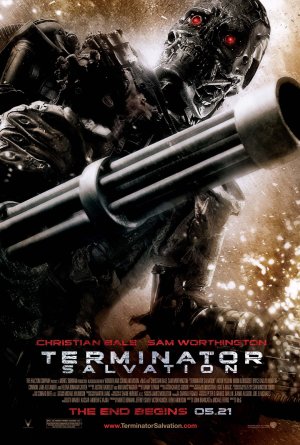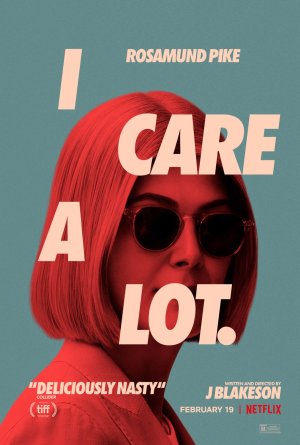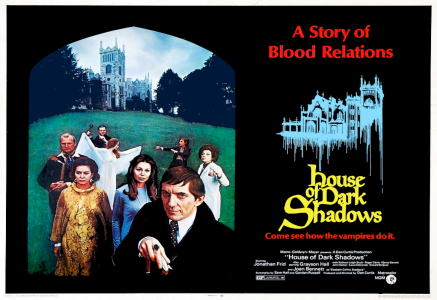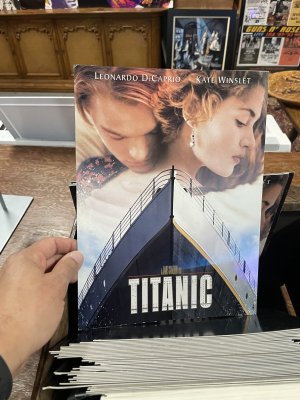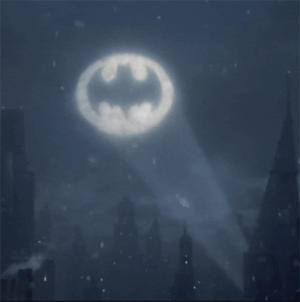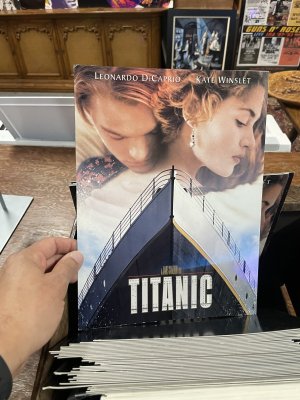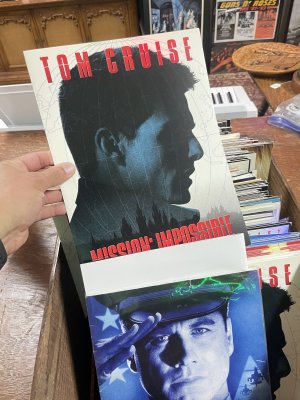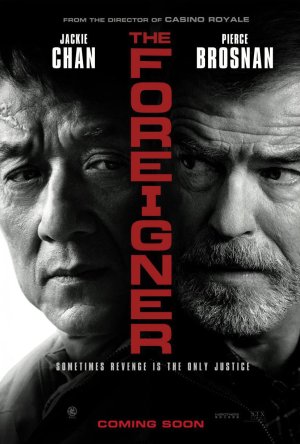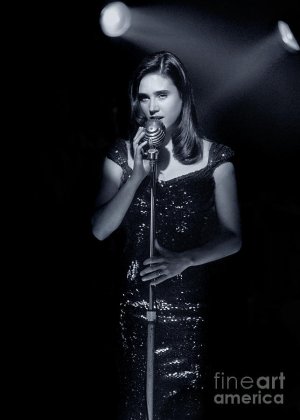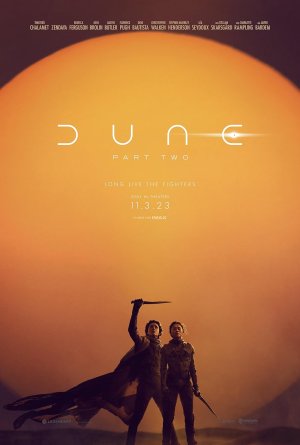- 21,798
- 3,548
- Joined
- Mar 8, 2010
But this feels more like some sort of buyers remorse type of deal, where he knows he's done some craptastic movies and now wants to distance himself so maybe he can be taken a little more seriously.. Since his star will be huge as CP said
Yeah...I think he just took an accounting for his own career. I mean look who he's been hanging around. Renner was the star of an Oscar winning movie. ScarJo's been. RDJ's got Oscar noms. Ruffalo was the king of critically acclaimed indies and has a nom. Joss is Oscar nommed and probably the most liked and respected figure in comic movies outside of RDJ. Hiddleston is doing Shakespeare and tripping over Oscar nominees wanting to work with him. Hell...Hemsworth just stretched his legs in Rush. He's got that Brad Pitt charisma. He might make a run.
And then there's Chris Evans.

He's the only one who...Avengers and his comic character is the height of their career?
I mean he tried with Iceman and Snowpiercer...Ice had hype but it wasn't good, and Snow barely got a release here.
And he seems like a super self-aware dude, so that probably weighs on him.
Last edited:








